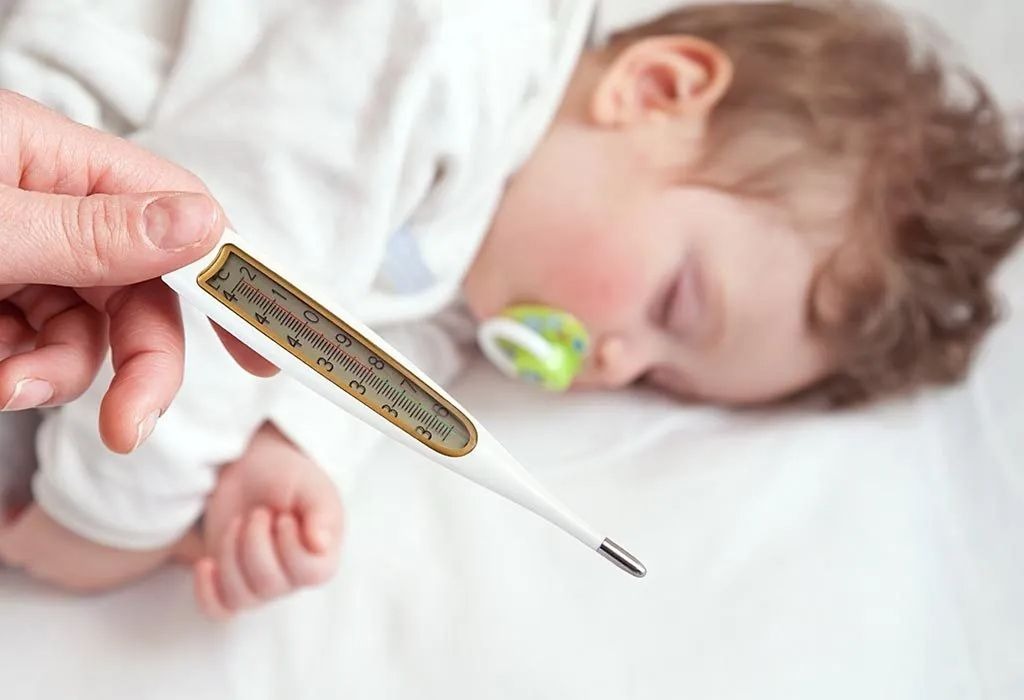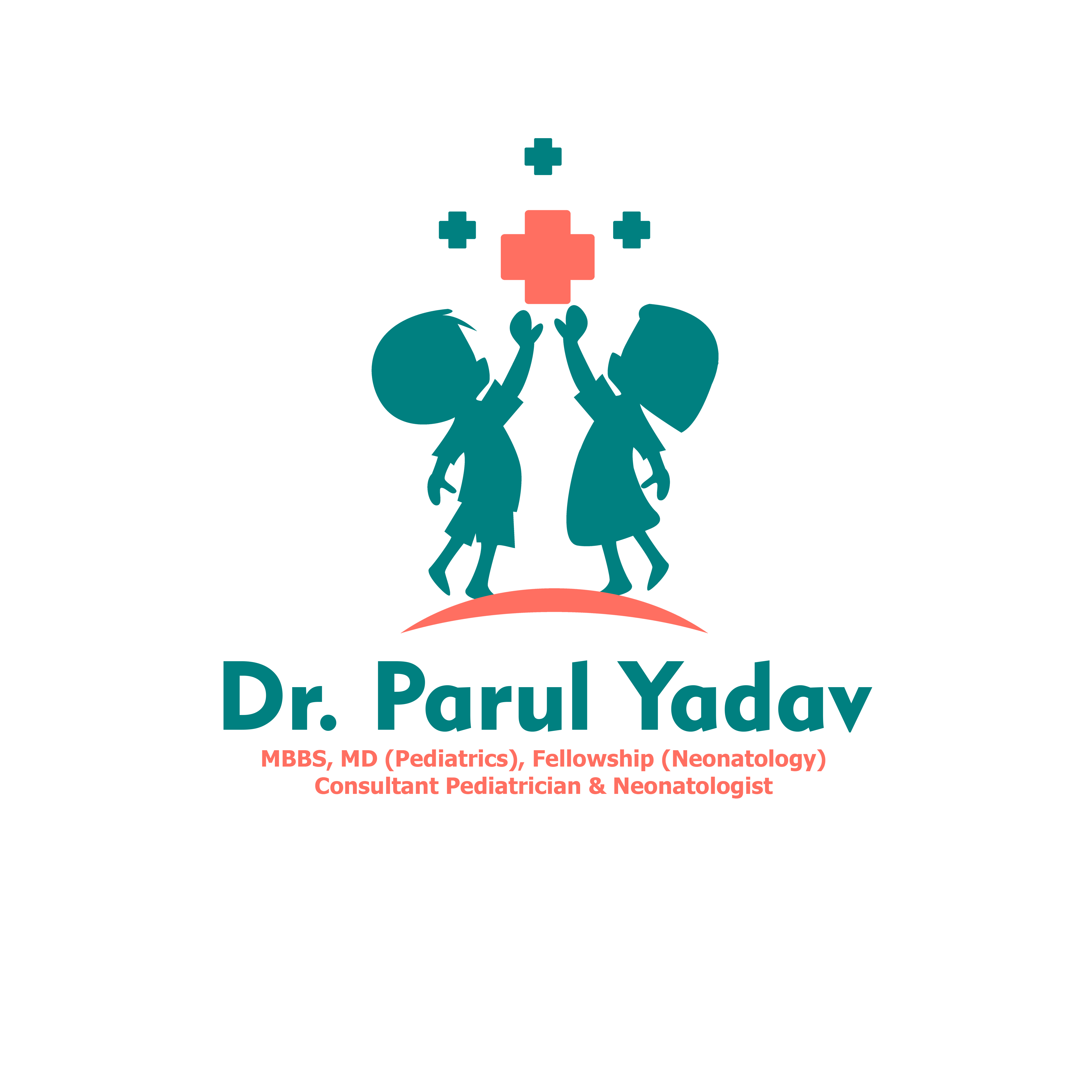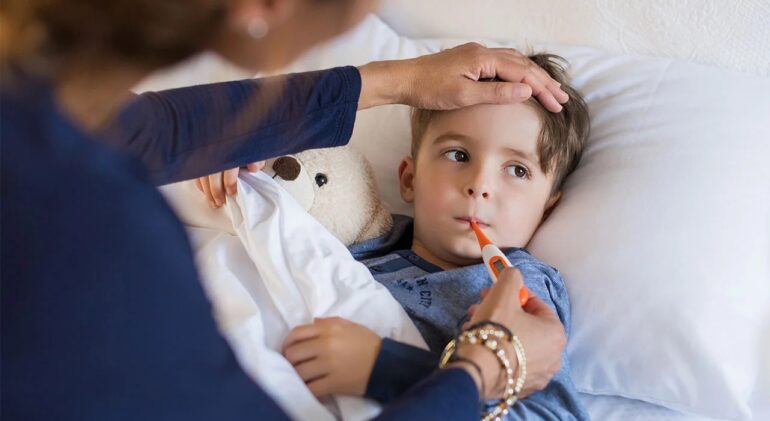
Typhoid in Children – Symptoms, Treatment & Prevention
What Is Typhoid Fever in Children?
Typhoid fever is a serious bacterial infection caused by Salmonella Typhi, commonly seen in children in India and other developing countries. It spreads through contaminated food or water and affects children more due to their developing immune systems and limited hygiene awareness.
Why Are Children More Susceptible?
Children are at higher risk because:
- They often eat uncooked or uncovered food
- They play in contaminated surroundings
- They are more likely to drink untreated water
- Their immune systems are not fully developed
- They may not practice regular handwashing
Symptoms of Typhoid Fever in Children
Typhoid in children may show differently from adults, especially in younger age groups.
Common symptoms:
- Persistent high fever (over 102°F)
- Fatigue and drowsiness
- Poor appetite or refusal to eat
- Stomach pain or bloating
- Loose motions or constipation
- Nausea or vomiting
- Coated tongue
- Rose spots (rash on chest or abdomen)
- Irritability or behavioral changes
Note: In infants, symptoms may be non-specific like poor feeding, lethargy, or low-grade fever, making early diagnosis difficult.
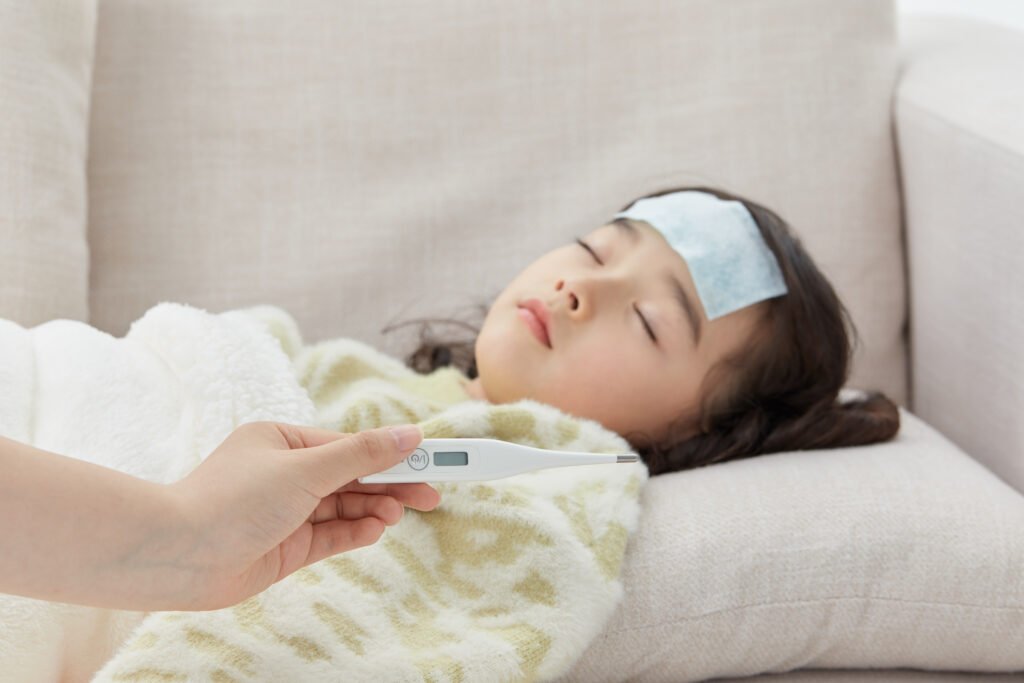
Diagnosis of Typhoid in Children
Diagnosis is done through clinical evaluation and laboratory tests, such as:
- Blood Culture (gold standard in the first week)
- Typhidot IgM/IgG or Rapid Diagnostic Tests (RDT)
- Widal Test (in endemic areas; used cautiously)
- Stool or Urine Culture
- Complete Blood Count (CBC) – shows low WBC and platelet counts
For best results, samples should be collected before starting antibiotics.
Treatment of Typhoid in Children
Treatment must be guided by a pediatrician to avoid antibiotic misuse or resistance.
- Antibiotics:
- Azithromycin – commonly used in mild to moderate cases
- Cefixime or Ceftriaxone – for moderate to severe cases
- Dosage and duration depend on weight and severity
- Supportive Care:
- Ensure adequate hydration (ORS, soups, fluids)
- Use Paracetamol for fever (avoid ibuprofen or aspirin)
- Nutritional support with easy-to-digest foods
- Rest and isolation from school/playgrounds until recovery
- Hospital Admission:
- High fever >5 days not responding to meds
- Signs of dehydration, bleeding, or confusion
- Very young children or infants with severe symptoms
Complications of Typhoid in Children
If left untreated or improperly treated, children may develop:
- Intestinal perforation
- Sepsis
- Liver dysfunction
- Neurological problems
- Chronic carrier state (bacteria persist in gallbladder)
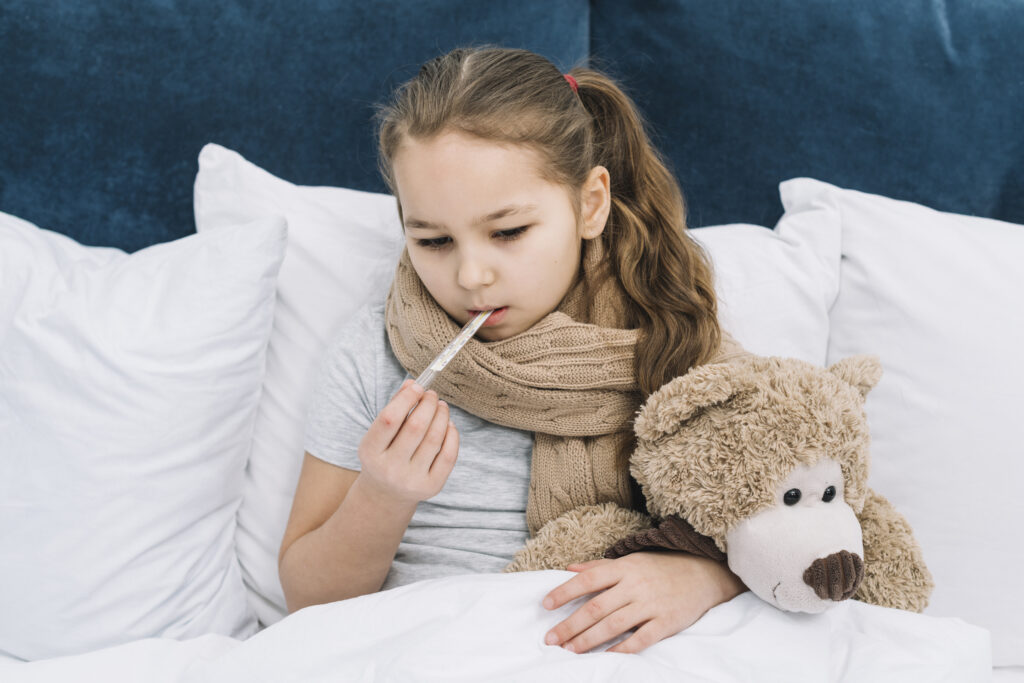
How Long Does Typhoid Last in Children?
With timely treatment:
- Mild cases recover in 7–10 days
- Severe cases may take 2–3 weeks
Recovery should be monitored for 4–6 weeks to ensure no recurrence.
Prevention of Typhoid in Children
✅ Vaccination
The Typhoid Conjugate Vaccine (TCV) is recommended for:
- Children aged 6 months and above
- WHO recommends a single dose of TCV for endemic regions like India
✅ Hygiene & Sanitation
- Teach children to wash hands properly with soap and water
- Ensure they drink only boiled or filtered water
- Avoid raw or uncovered street food
- Keep school lunchboxes and water bottles clean
✅ Safe Eating Habits
- Always give home-cooked, freshly prepared meals
- Wash fruits and vegetables thoroughly
- Use clean utensils and storage containers
When Should Parents Consult a Doctor?
You should visit a pediatrician if your child:
- Has a fever lasting more than 3 days
- Refuses to eat or is excessively drowsy
- Complains of stomach pain or shows signs of dehydration
- Has diarrhea, vomiting, or rash
Early medical attention prevents serious complications.
Final Word from Dr. Parul Yadav
“Typhoid is completely preventable. Through timely vaccination, good hygiene, and early diagnosis, we can protect children from the complications of typhoid. If your child shows signs of prolonged fever or weakness, don’t delay medical consultation.”
Written by Dr. Parul Yadav
Sources:
World Health Organization – Typhoid Vaccination Position Paper
CDC – Typhoid in Children
Indian Academy of Pediatrics (IAP) – Typhoid Vaccine Recommendations 2022
